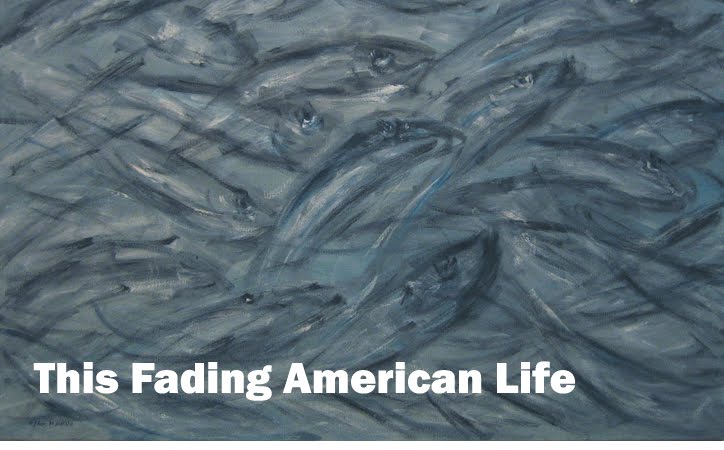The familiarity with a specific social order - in regardless if you like such order or not - can create some comfort, knowing that you have the confidence to navigate the life's intricate paths. The change of a fixed social order can be uncomfortable or downright terrifying.
Reading "
A Distant Mirror - The Calamitous 14th Century" by Barbara W. Tuchman, I encountered a couple paragraphs describing changes of fixed social orders:
Survivors of the plague, finding themselves neither destroyed nor improved, could discover no Divine purpose in the pain they had suffered. God's purposes were usually mysterious, but this scourge had been too terrible to be accepted without questioning. If a disaster of such magnitude, the most lethal ever known, was a mere wanton act of God or perhaps not God's work at all, then the absolutes of a fixed order were loosed from their moorings. Minds that opened to admit these questions could never again be shut. Once people envisioned the possibility of change in a fixed order, the end of an age of submission came in sight; the turn to individual conscience lay ahead. To that extent the Black Death may have been the unrecognized beginning of modern man.
Meantime it left apprehension, tension, and gloom.It accelerated the commutation of labor services on the land and in so doing unfastened old ties. It deepened antagonism between rich and poor and raised the level of human hostility. An event of great agony is bearable only in the belief that it will bring about a better world. When it does not, as in the aftermath of another vast calamity in 1914-18, disillusion is deep and moves on to self-doubt and self-disgust. In creating a climate for pessimism, the Black Death was the equivalent of the First World War, although it took fifty years for the psychological effects to develop.
This description of the Black Death havoc in the 14th century, reminded me another round of human sufferings of late - the economic meltdown due to irresponsible gambling of super-rich and well-connected bankers in Wall Street and other countries. Naturally, the current human suffering did not reach the level of that brought upon by the Black Death, or even WWI. However, what happened in this round of misery did threaten to upset a social order which had been in fixation for at least last sixty years - capitalism.

The great financial meltdown of late exposed the falsehood of the promise that our society was a perfect world for people to move up (and presumably but not talked about, down) the social and economical ladders. Awaken from the great dream, people realized the insurmountable gap between the rich and the poor and finally, are making demands through movements like
Occupy Wall Street. The movement appears confusing and messy and threatens to disrupt the familiar routines and someone, including those would benefit greatly from such pushing back, voice their doubts and displeasure, lending voices to those who opposed the movement because they are the target of the outrage.
A change of social order is scary to say the least. Sometimes, even the victims of badly constructed society mourn its demise - just remember how those poor
North Korean mourned their despotic leader Kim Jong-Il.
I am afraid that human beings are born to suffer.







